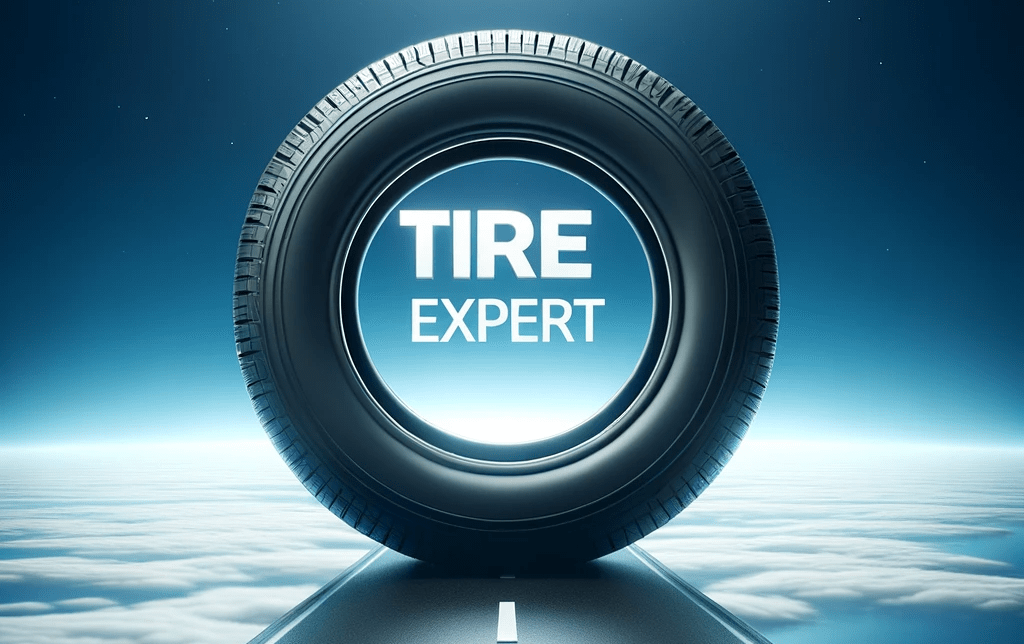If you’re considering run-flat tires for your vehicle, you may be wondering if they require a specific type of wheel. Run-flat tires have gained popularity due to their ability to function even when punctured, allowing you to keep driving safely to a repair shop. In this article, we’ll explore whether run-flat tires call for a special type of wheel and shed light on the compatibility between these innovative tires and your wheels. So, let’s find out if your current wheels are ready to roll with run-flats!
Do Run-flat Tires Require A Special Type Of Wheel?
Introduction
When it comes to choosing the right type of tires for your vehicle, there are a lot of factors to consider. One question that often arises is whether run-flat tires require a special type of wheel. Run-flat tires have gained popularity in recent years due to their ability to continue driving even after a puncture, providing added safety and convenience. In this article, we will delve into the world of run-flat tires and explore whether they require a special type of wheel.
Understanding Run-flat Tires
Before we delve into the wheel requirements, it’s important to understand what run-flat tires actually are. Run-flat tires are designed to allow you to keep driving for a certain distance, typically around 50 miles, even after experiencing a puncture. They are equipped with reinforced sidewalls that can support the weight of the vehicle when the tire loses air pressure. This feature eliminates the need for an immediate tire change or the use of a spare tire.

Benefits of Run-flat Tires
Run-flat tires offer several benefits for drivers. Firstly, they provide increased safety as they allow you to safely reach your destination or a nearby repair shop without having to immediately pull over after a flat tire. This can be particularly beneficial in situations where there are no safe areas to stop, such as on a busy highway or in an unfamiliar neighborhood.
Additionally, run-flat tires eliminate the need for a spare tire, saving valuable trunk space and reducing the overall weight of the vehicle. This can result in improved fuel efficiency and handling. Moreover, run-flat tires can provide peace of mind, knowing that you have an extra layer of reliability in case of a flat tire, especially during long trips or in remote areas where getting immediate help might be challenging.
Types of Run-flat Tires
There are primarily two types of run-flat tires available in the market: self-supporting run-flat tires and auxiliary-supported run-flat tires. Self-supporting run-flat tires, also known as self-sealing tires, are equipped with a special lining that can temporarily seal small punctures as they occur, preventing rapid air loss. On the other hand, auxiliary-supported run-flat tires rely on an additional support ring or insert that provides extra support to carry the weight of the vehicle during a flat.

Standard Wheels vs. Run-flat-ready Wheels
Now, let’s address the main question at hand – do run-flat tires require a special type of wheel? The answer is, it depends. Run-flat tires can be fitted on standard wheels that meet the manufacturer’s specifications. However, it’s essential to note that not all wheels are compatible with run-flat tires. Therefore, it’s crucial to determine whether your wheels are run-flat-ready or if they need to be replaced before installing run-flat tires.
Features of Run-flat-ready Wheels
Run-flat-ready wheels are specifically designed to accommodate the unique characteristics and requirements of run-flat tires. They are typically made of stronger and more durable materials, such as reinforced steel or aluminum alloys, to withstand the added pressure and stress exerted on them when driving on a deflated tire. Additionally, these wheels often have a specific rim profile that helps to retain the tire on the wheel, even at low or zero pressure.

Compatibility of Run-flat Tires with Standard Wheels
As mentioned earlier, run-flat tires can be installed on standard wheels if they meet the manufacturer’s specifications. It’s important to consult your vehicle’s owner manual or seek guidance from a professional tire dealer to ensure proper compatibility. However, it’s worth noting that installing run-flat tires on standard wheels might compromise the performance and safety features of the tires. Therefore, it is recommended to use run-flat-ready wheels whenever possible.
Considerations for Wheel Replacement with Run-flat Tires
If you decide to replace your wheels to accommodate run-flat tires, there are a few considerations to keep in mind. Firstly, it’s essential to choose wheels that are specifically designed to be compatible with the tire size and load rating of your vehicle. Additionally, it’s crucial to ensure that the new wheels are compatible with the tire pressure monitoring system (TPMS) of your vehicle, if applicable. Finally, it’s always advisable to consult with a reputable tire dealer or automotive professional to ensure that the new wheels meet all the necessary specifications and requirements.

Special Wheels for Specific Run-flat Tire Models
In some cases, specific run-flat tire models may require special wheels due to their unique design or requirements. Manufacturers might recommend specific wheel models that are optimized for their run-flat tires, taking into account factors such as sidewall stiffness, tire profile, and overall tire performance. Therefore, it’s essential to follow the manufacturer’s recommendations for optimal performance, safety, and longevity.
Conclusion
In conclusion, run-flat tires do not necessarily require a special type of wheel, but it’s highly recommended to use run-flat-ready wheels whenever possible for optimal performance and safety. Run-flat tires offer numerous benefits, including extended mobility, improved safety, and reduced weight. However, it’s crucial to ensure proper compatibility between the tires and wheels, considering factors such as load rating, tire size, and TPMS compatibility. By following the manufacturer’s recommendations and seeking guidance from professionals, you can confidently enjoy the advantages of run-flat tires while ensuring a safe and smooth driving experience.


